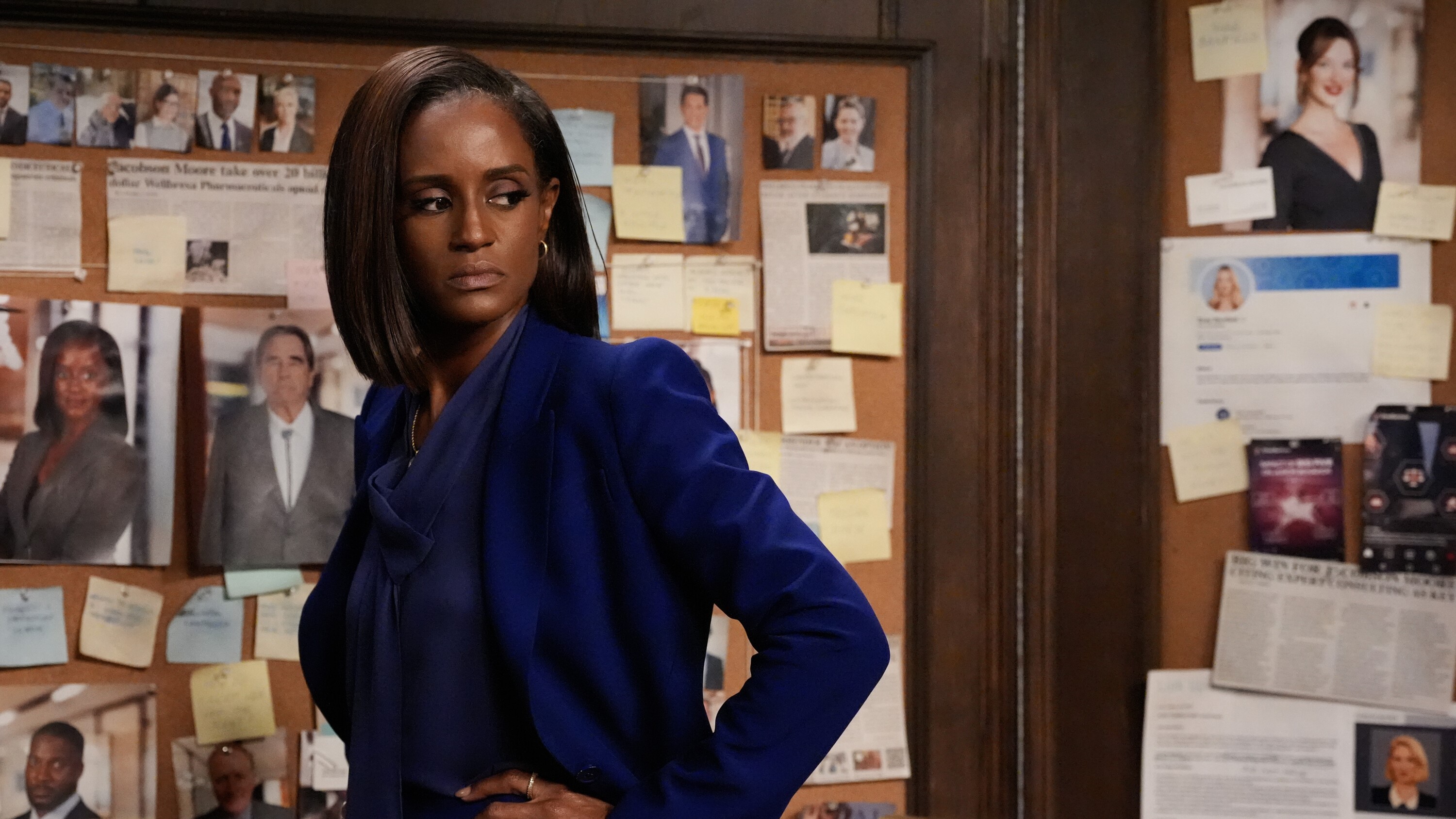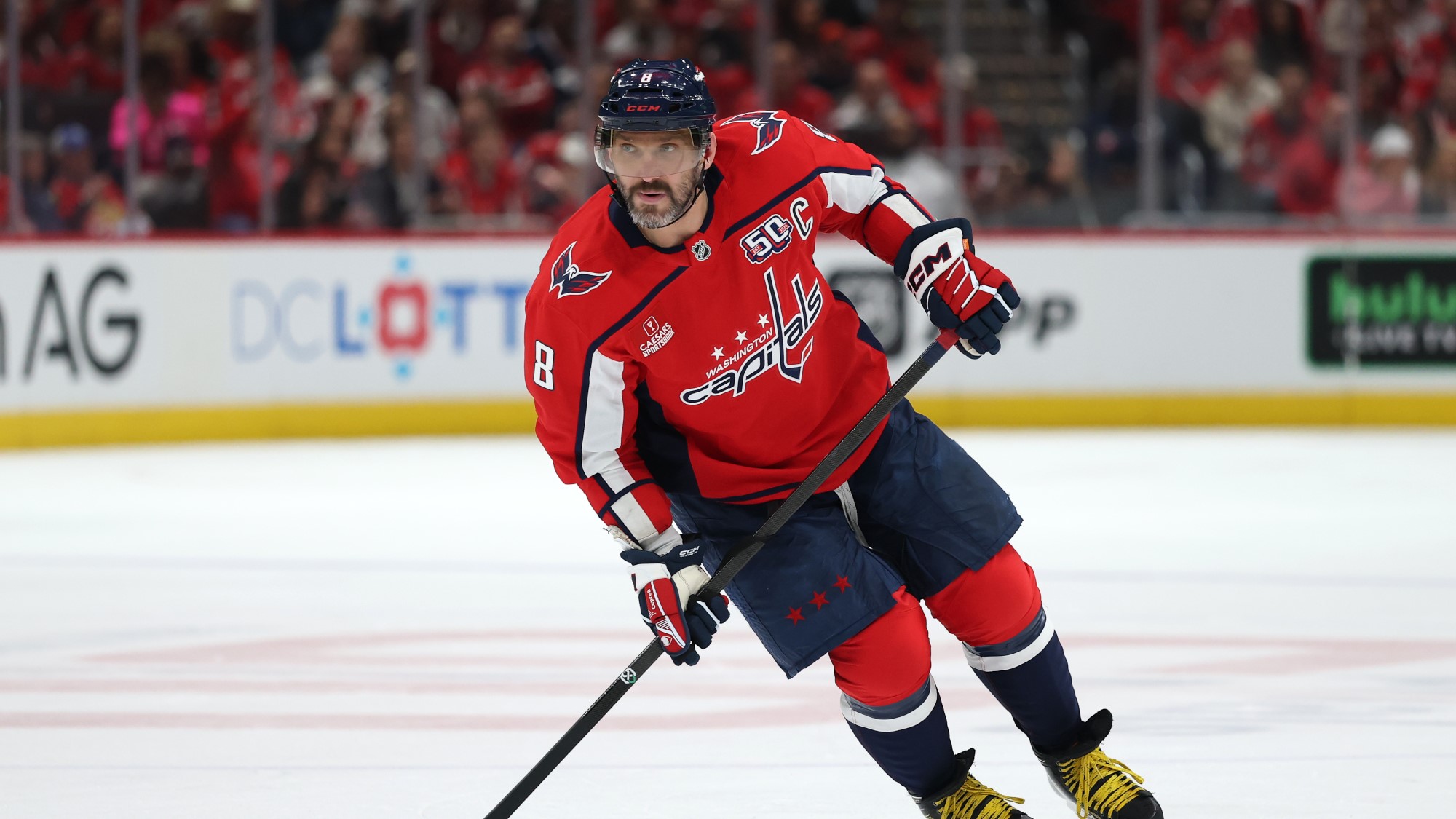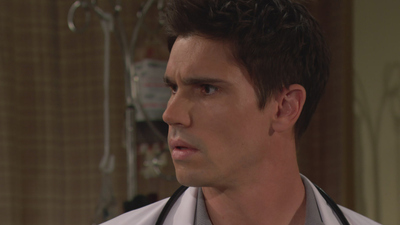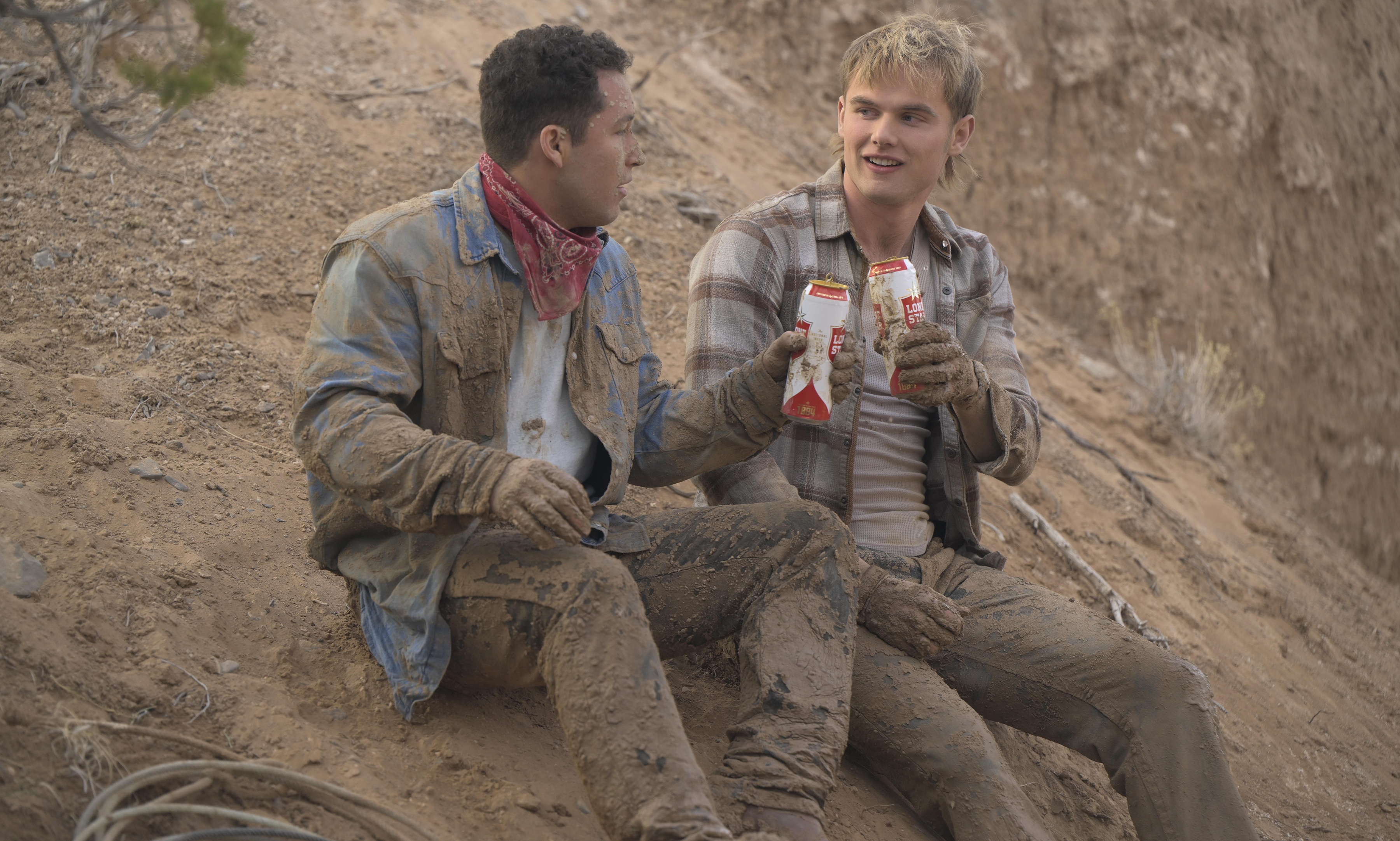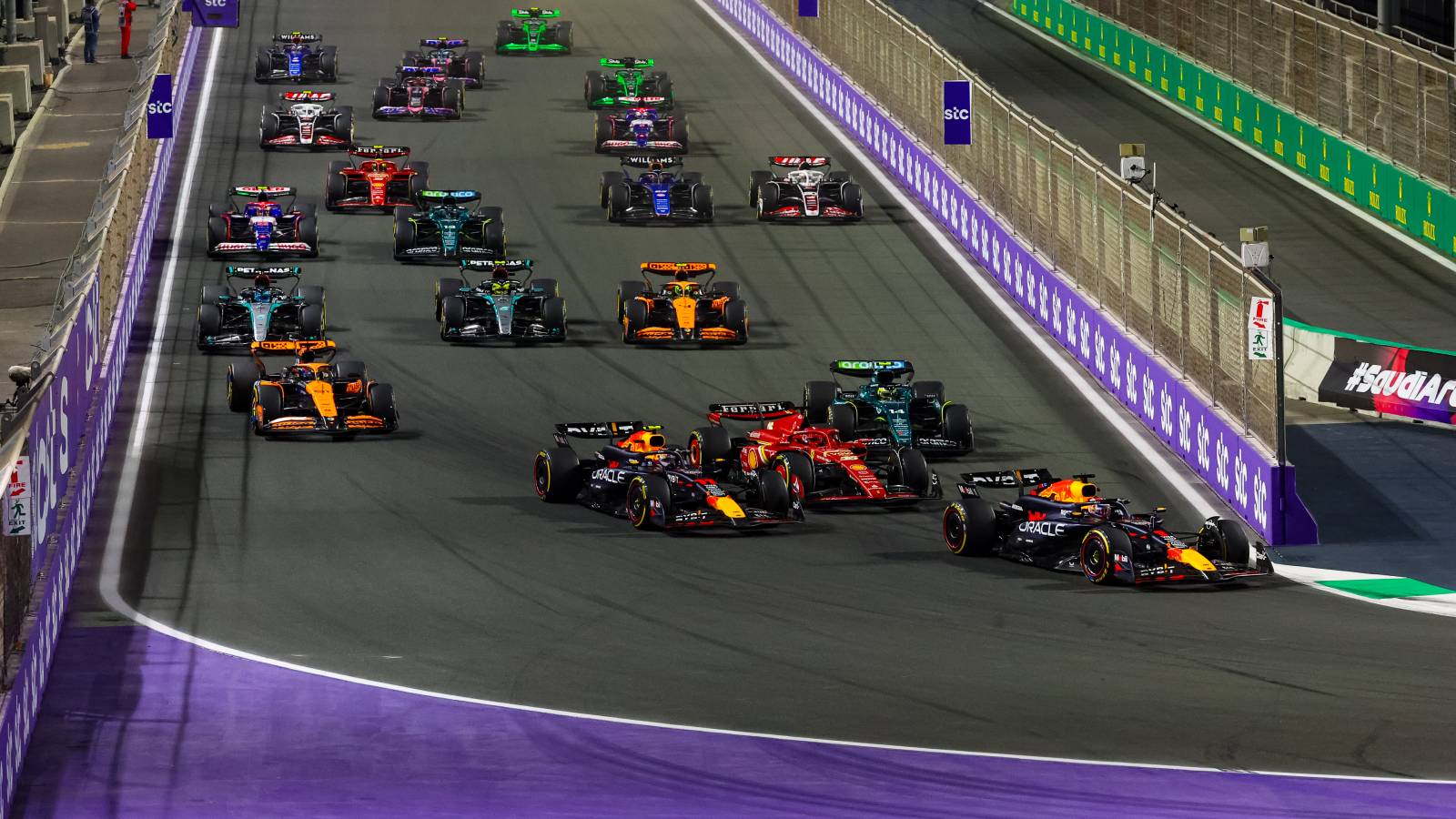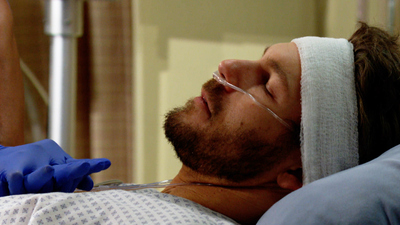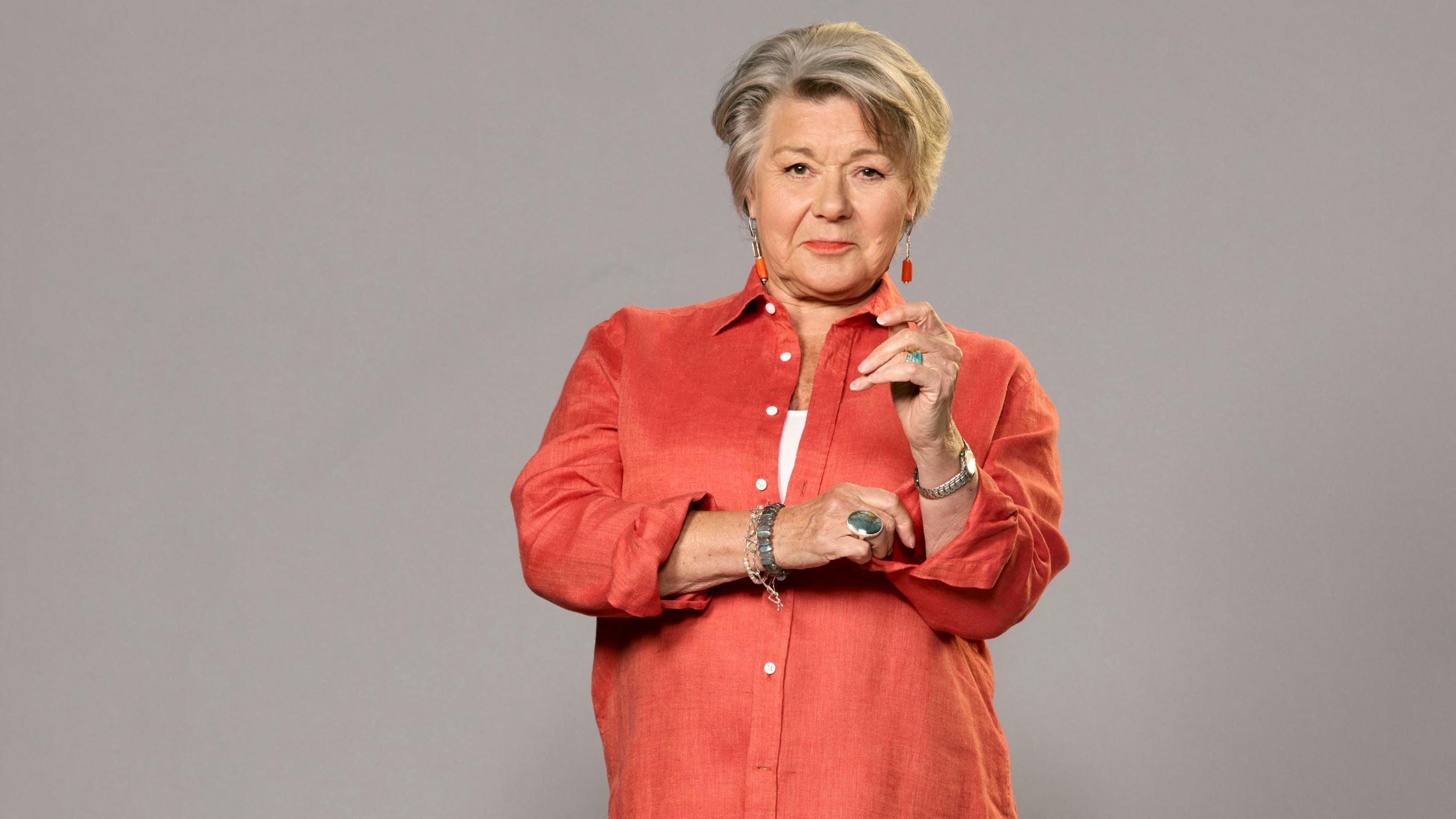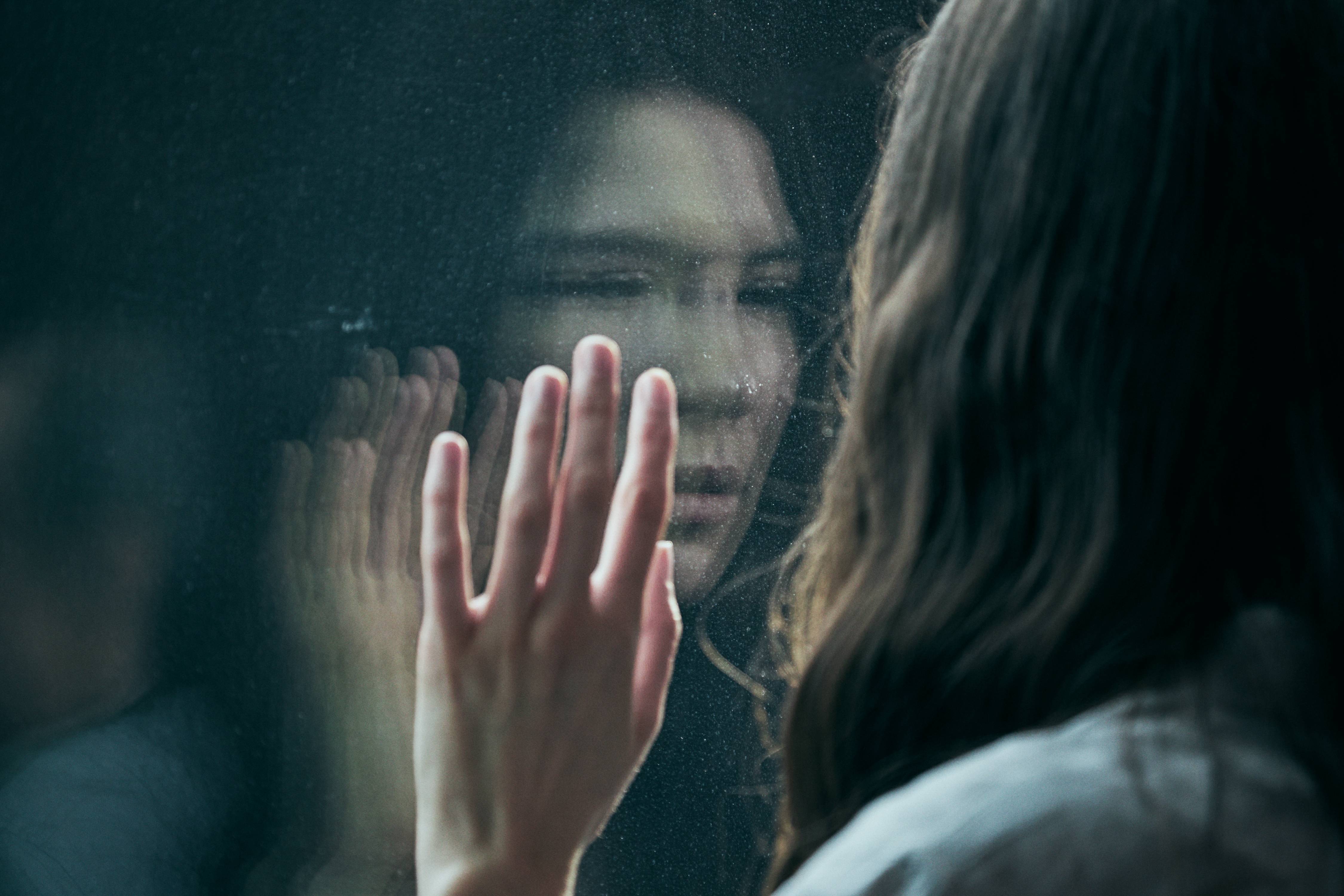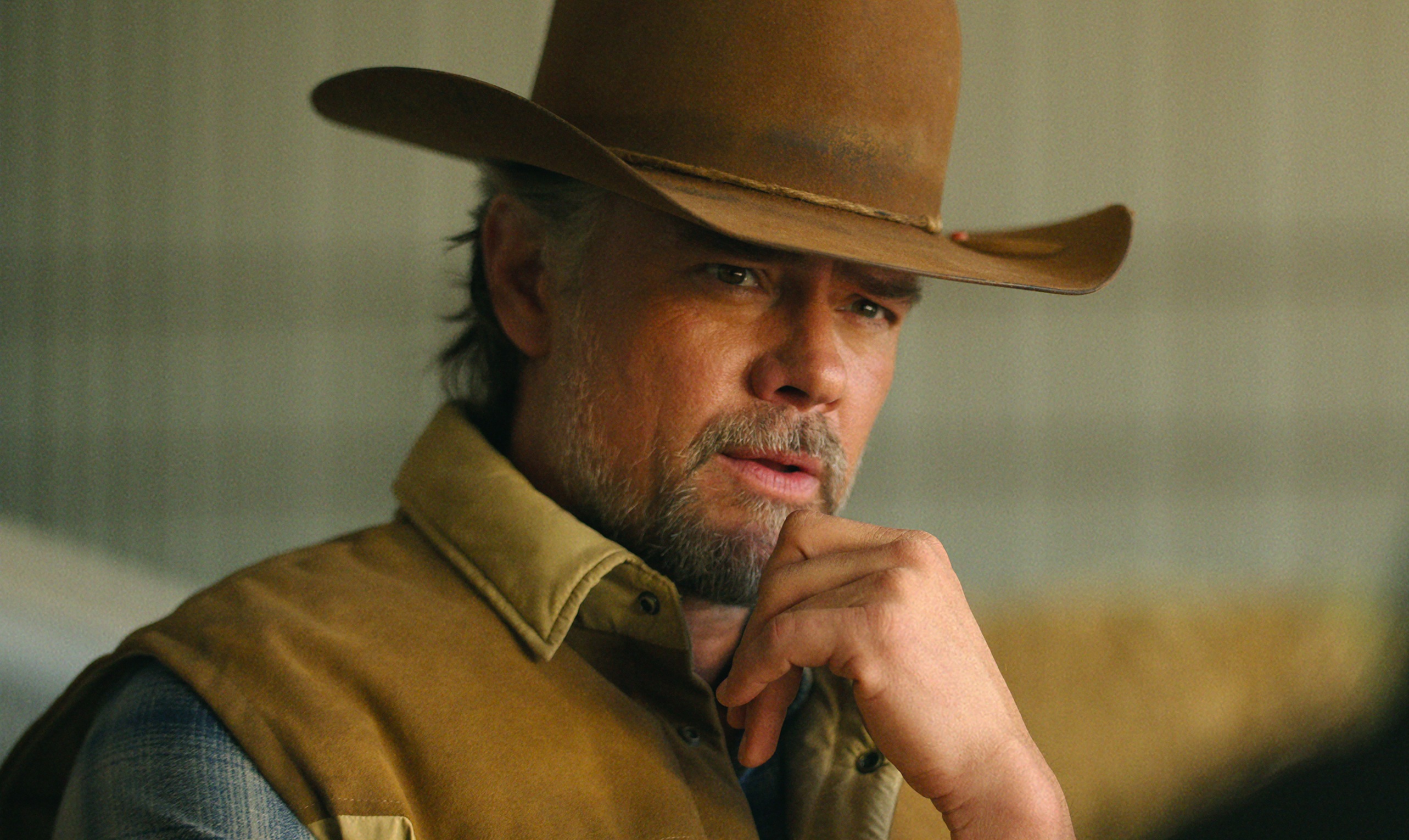How soon is too soon for pop culture about the COVID-19 pandemic?
Creators are already planning their stories about the ongoing COVID-19 pandemic but is it too soon and who wants to see them?
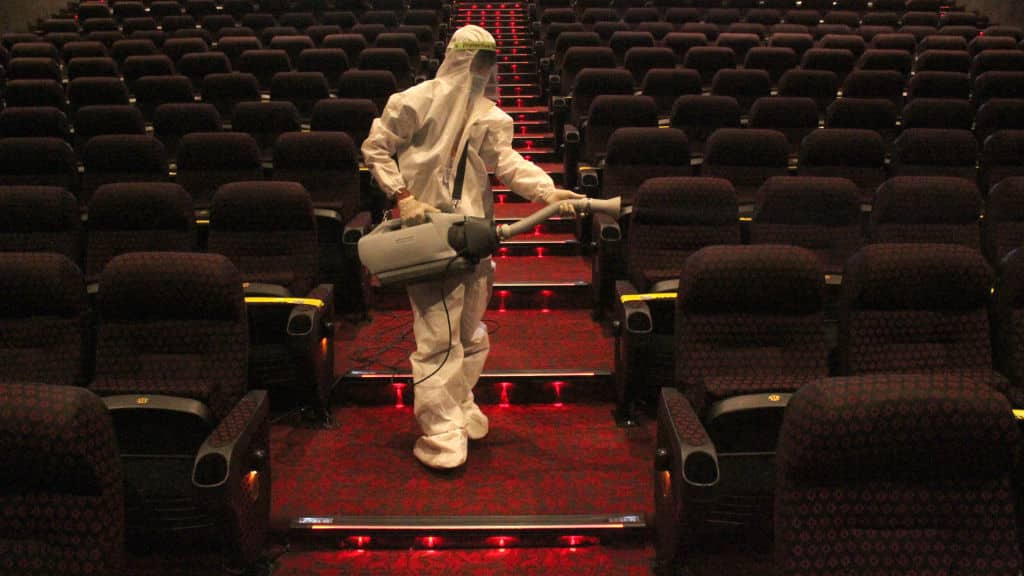
Over the past year or so, the coronavirus pandemic has shattered our world. As of the writing of this piece, over 99.3 million cases of COVID-19 have been confirmed around the globe, and more than 2.13 million deaths have been attributed to the virus. More people have died due to COVID-19 than the Russian flu outbreak of 1889, which killed over a million. We are in an era of immense ambiguity, defined by mass unemployment, growing homelessness rates, and wholesale destruction of multiple industries. The spread of dangerous misinformation regarding the virus and the lockdown efforts to curb its insidious power have hugely exacerbated an already tragic problem. It may take us years, decades even, to fully grasp the impact that COVID-19 has had on every aspect of our lives. This may be our new normal for the time being and getting on with “business as usual” simply isn’t an option for many.
This context, as fraught and ceaseless as it may be, is what made the recent news of a TV miniseries dedicated to the British government’s handling of the pandemic seem dishearteningly unsurprising. The prolific director Michael Winterbottom will helm the drama, titled The Spectred Isle, for Sky, and it will chart the events surrounding Conservative Prime Minister Boris Johnson and his cabinet's efforts to deal with the spreading virus. Johnson will, rather generously, be played by Kenneth Branagh, and the series is aiming for a fall 2022 launch.
This isn’t the first COVID-centered piece of pop culture that audiences will be treated to. We’ve already seen releases for Songbird, a Michael Bay-produced thriller that imagined an alternate 2024 paralyzed by COVID-23, and Locked Down, a rom-com heist movie whose main selling point seemed to be that it was made entirely during an actual lockdown. Many shows took to Zoom for meta takes on lockdown life, including NBC's Connecting... and Netflix's Social Distance. Plenty of TV shows returned to highly monitored productions and brought COVID to the forefront of their stories, including Grey’s Anatomy (and basically all series set in hospitals), South Park, and Black-ish. Vice director Adam McKay is also developing a COVID-19 drama for HBO.
It remains to be seen how hungry for this kind of entertainment general audiences are, both during these difficult times and after. As evidenced by much of the most talked-about pop culture of the past year – Tiger King, Schitt’s Creek, Bridgerton, musicians like Dua Lipa – there seemed to be a real hunger for comfort, nostalgia, and escapism. Given that 2020 was also an election year and the political context of it all proved to be especially fraught, we couldn’t blame anyone for wanting to embrace entertainment that was as far removed from reality as possible. Most of the daring and deeply political storytelling of the year contended with matters other than the pandemic, and the films and shows that played COVID catch-up mostly seemed to do so out of necessity more than anything else. Often, it felt like the equivalent of the “ripped from the headlines” cases on Law and Oder: Special Victims Unit. Modern entertainment has a much quicker cycle of production than that of years past, so our arguments of “is it too soon” don’t entirely work in an era of social media and YouTube. Many of the COVID stories we saw on our screens happened out of pure necessity, with actors forced to monologue over Zoom or scenes featuring curiously distanced conversations between supposed families and friends.
It’s less a question of audiences’ tastes, however, than the ultimate responsibility of art to respond to the moment. It would be genuinely strange if we didn’t see some sort of cultural portrayal of what we experienced in 2020 and beyond. Even in chipper talk-show moments, you couldn’t fully escape the problem because you were made aware of it every single time you saw Seth Meyers interviewing a celebrity over Skype. The promised escapism couldn’t fully deliver in these circumstances of making do and rushed solutions.
The more pertinent questions come when we think about how this period of immense strife and damage will be portrayed. Songbird faced pushback for appropriating the current moment for seemingly frivolous shocks. Michael Winterbottom may be a brilliant director with a sharp eye for dissecting political power, but it’s hard to see why anyone would want a COVID-related drama where the focus is Boris Johnson. There’s no way to fully encapsulate the worldwide impact of COVID in one narrative, although it still feels somewhat disheartening that the primary focus is on privileged white people.
Real-life pandemics don’t typically receive a lot of fictional treatment. Many artists like Egon Schiele and Edvard Munch turned to their canvases to find ways to make sense of the 1918 Spanish flu epidemic that infected a third of the world's population and killed tens of millions of people. However, there isn't a vast amount of pop culture, both from the time and throughout the ensuing decades, that tackled the pandemic head-on. Films, shows, and books that tackle epidemics tend to create fictional ones for narrative ease and historical distance.
Get the What to Watch Newsletter
The latest updates, reviews and unmissable series to watch and more!
Steven Soderbergh's Contagion imagines a rapidly spreading virus and the worldwide fallout from its inception in a remarkably grounded manner that felt all too real to us as COVID took root, but the MEV-1 virus that causes it all isn't real. 1995's Outbreak took inspiration from The Hot Zone, Richard Preston's terrifying nonfiction study of the ebolavirus, and was released, coincidentally, as an outbreak of it took place in the Democratic Republic of the Congo. The film itself, though, greatly ramped up the spread of the virus for Hollywood effect. Pandemics have kicked off a number of dystopian dramas and inspired their fair share of zombie flicks, offering a more heightened exploration of life after an outbreak. Mostly, a classic fictional pandemic is a good way to start a story but it's less likely to be part of the wider narrative. They're also, fundamentally, just outlandish enough to not be plausible, which makes them a hell of a lot easier for audiences to enjoy.
So much of the danger surrounding COVID-19 has been rooted in the ineptitude of various world leaders in their response to dealing with the situation. Over the past twelve months, we have suffered through an American President telling people to ingest bleach as a cure and the British government investing in a herd immunity plan before quickly abandoning it once the bodies began to pile up. We’re still dealing with anti-mask conspiracy theorists, people throwing tantrums in shops over social distancing, and the ever-absurd toilet-paper panic buying. On top of that, so many of us are out of work, struggling to pay the bills, and dealing with the worst mental health crisis of our generation. Maybe one day there will be an incredible artistic exploration of the coronavirus pandemic, but right now, this isn’t a story we want boiled down to heroes, villains, and collateral damage.
Kayleigh is a pop culture writer and critic based in Dundee, Scotland. Her work can be found on Pajiba, IGN, Uproxx, RogerEbert.com, SlashFilm, and WhatToWatch, among other places. She's also the creator of the newsletter The Gossip Reading Club.

